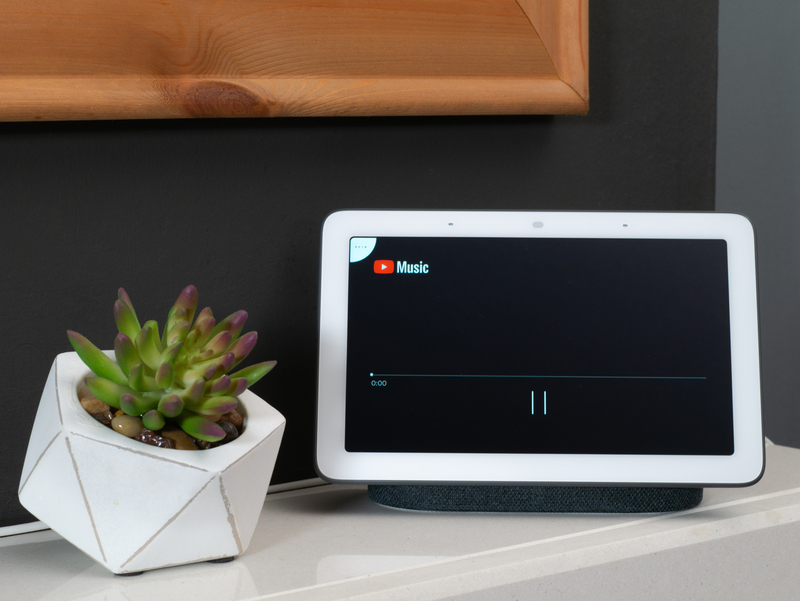

After all, the sun is one of the brightest things we encounter on a regular basis, and it is well understood that it can damage our eyes. Many people are understandably under the impression that any bright light aimed at our eyes can cause permanent damage.

The accepted view is that the blue light from screens is not a major cause of long-term vision issues, though excessive use should be avoided. There is not yet a fully clear answer, so more research needs to be done. The biggest thing to consider when it comes to screens is if and how much they may damage our eyes in the long term. If you only look at screens for a few hours a day and don’t experience any vision issues, you probably do not need to worry. Vision experts generally don’t consider screens as a source of permanent vision damage, even if extended use can cause eye irritation. The extent of this issue is not fully understood, but it is notably not serious enough to suddenly avoid all use of screens. In the long term, some studies have suggested the blue light from screens can damage retinal cells, leading to problems like age-related macular degeneration. This usually isn’t serious and can mostly be solved by habitually looking away from your screen on occasion and practicing some basic techniques to reduce the strain. In the short term, blue light is mostly associated with potentially causing eye strain. Instead, the most important light to consider that screens produce is short wavelength, high-energy blue light. This is because screens aren’t as bright as the sun, and newer screens don’t generally produce UV rays, the most damaging kind of light the sun produces. In short, these screens are far less damaging than the sun.


Most people know the sun can hurt our eyes but are less clear on whether to worry about other bright lights, like computer screens.


 0 kommentar(er)
0 kommentar(er)
